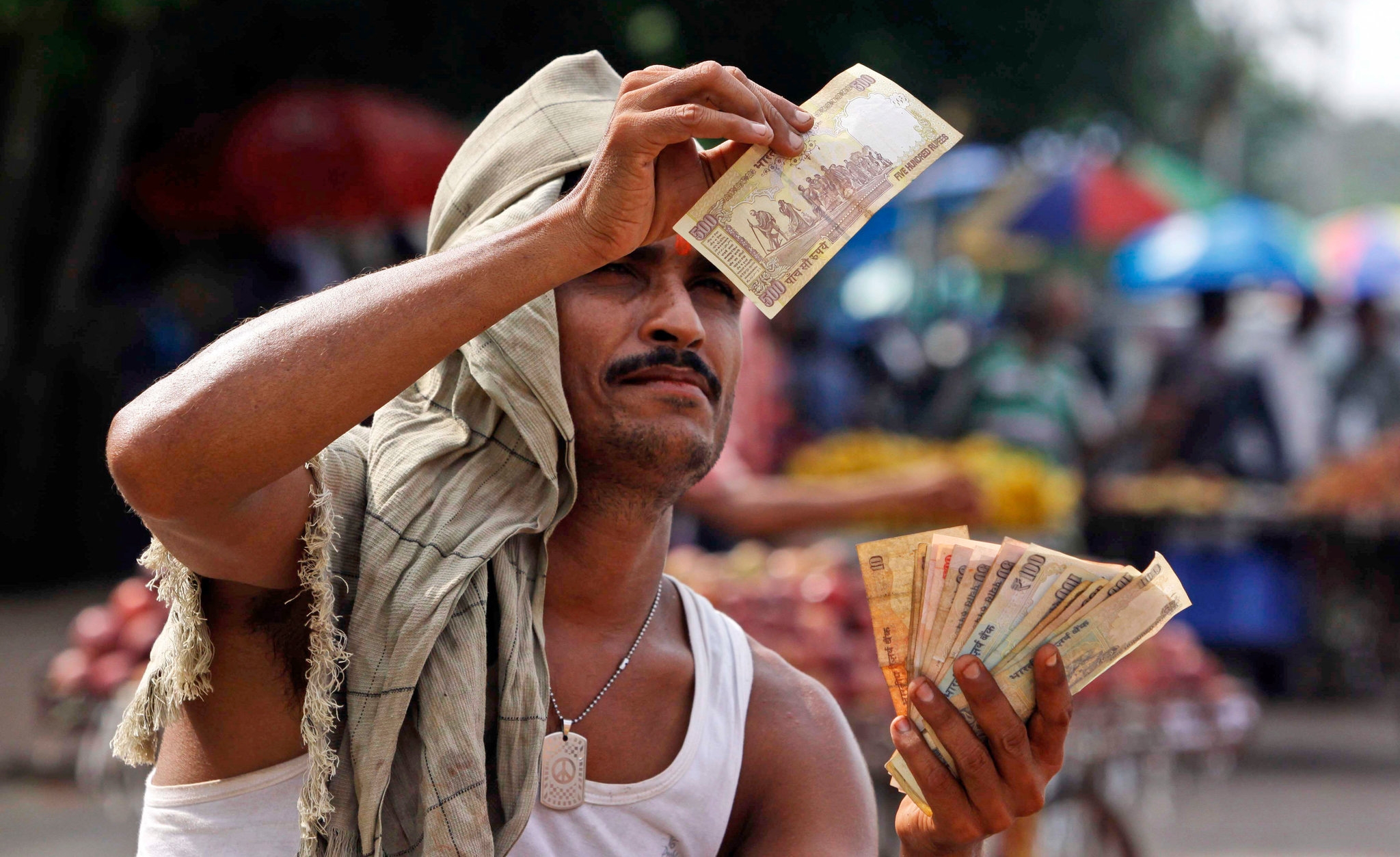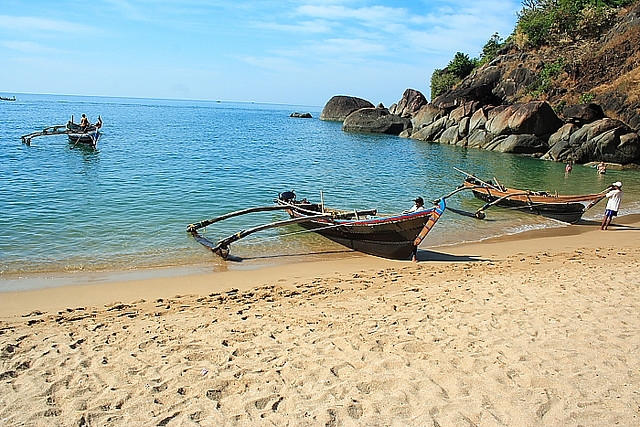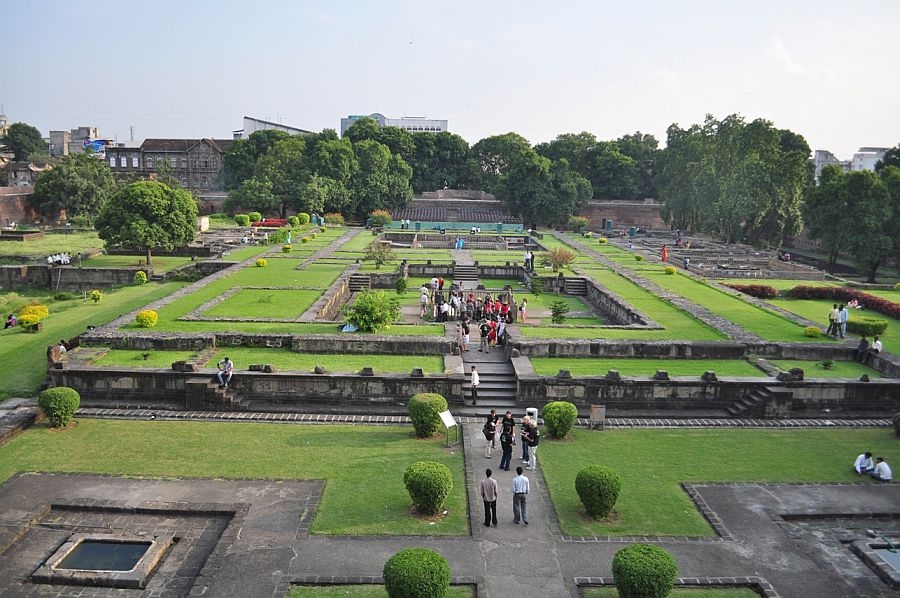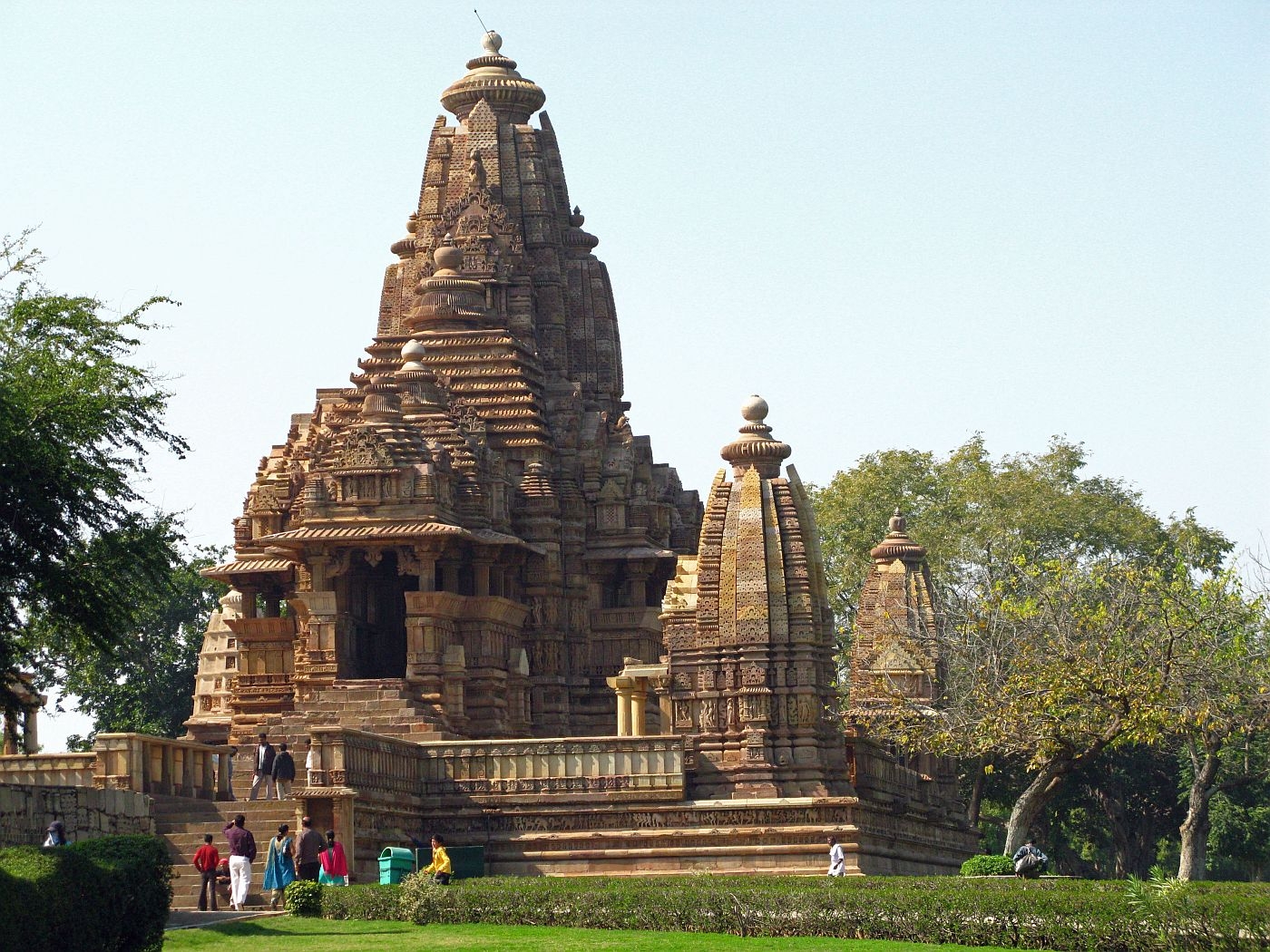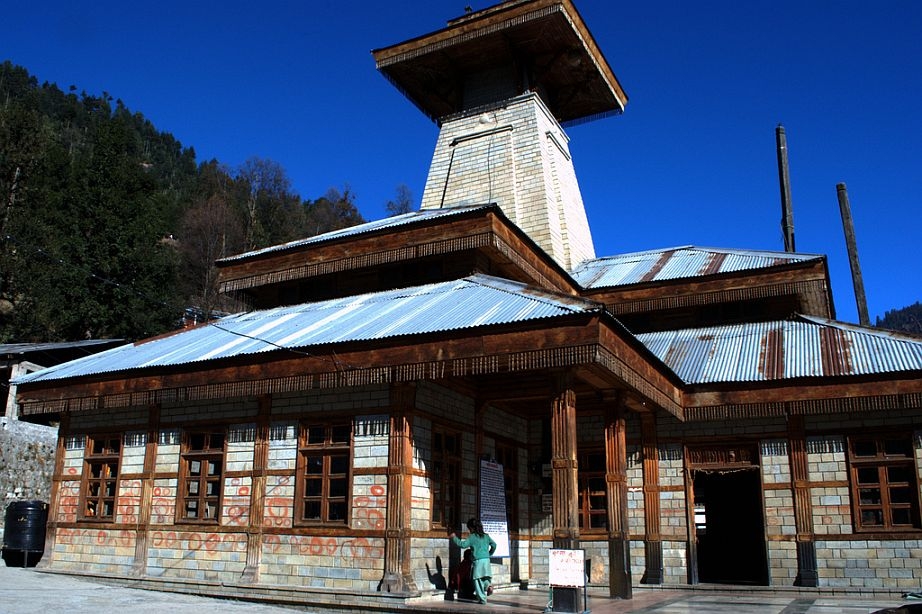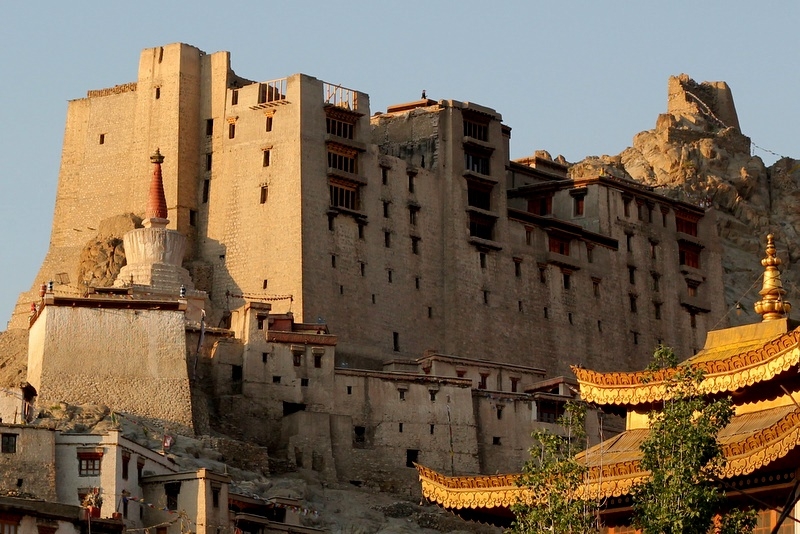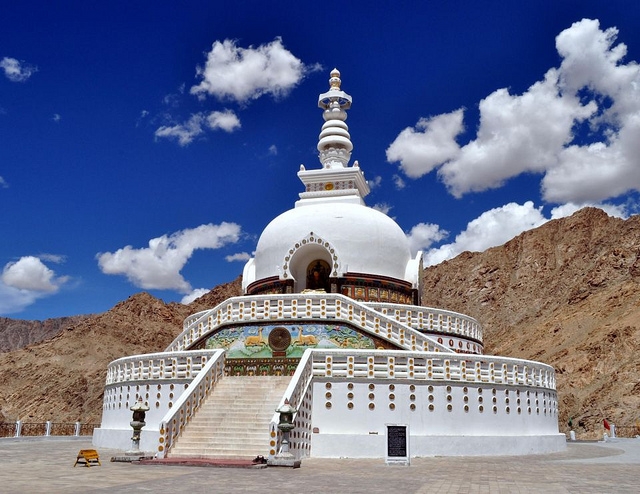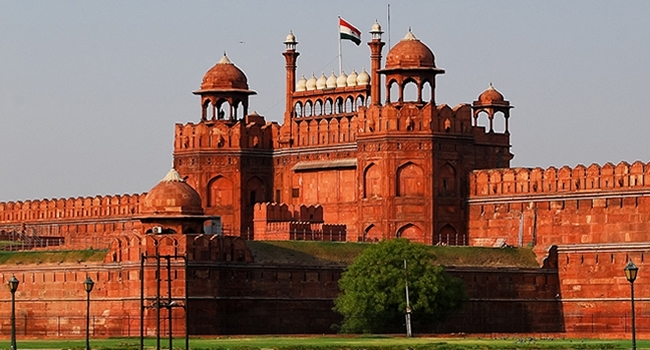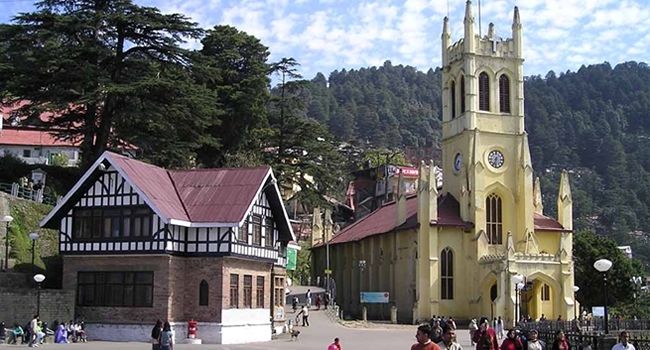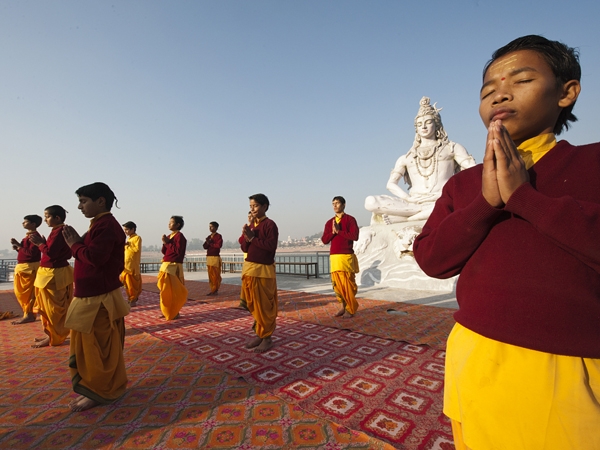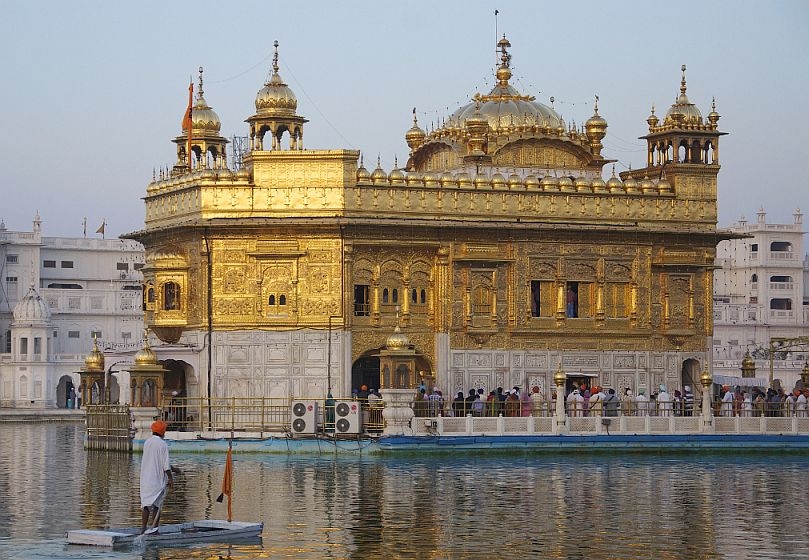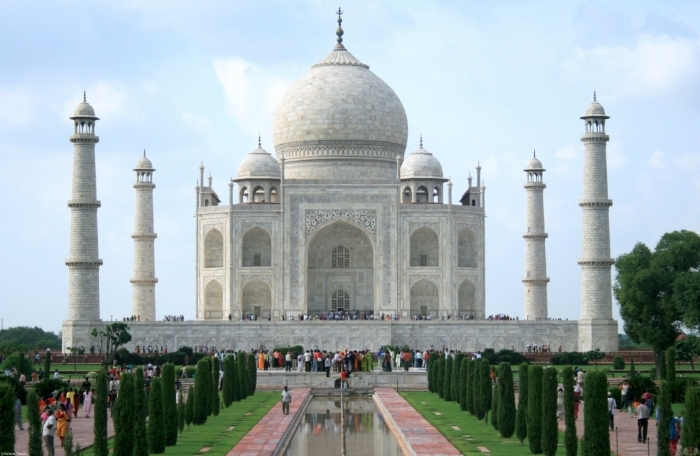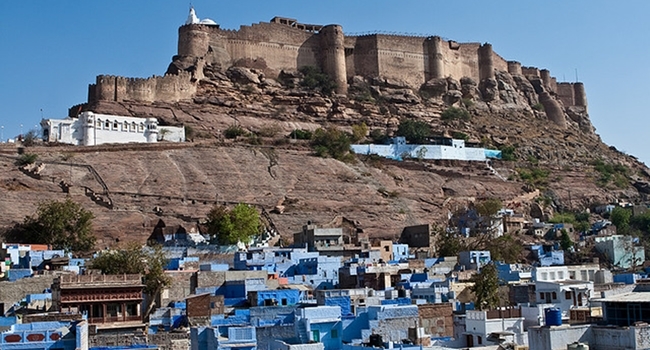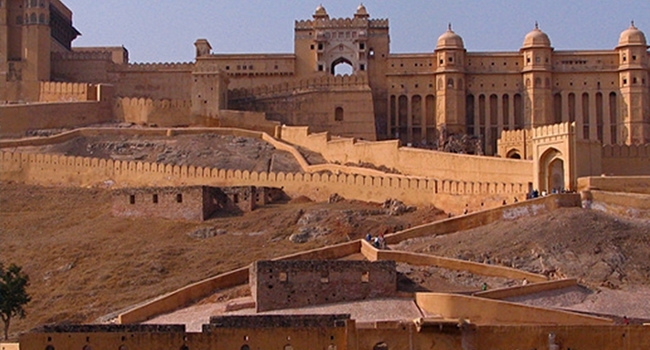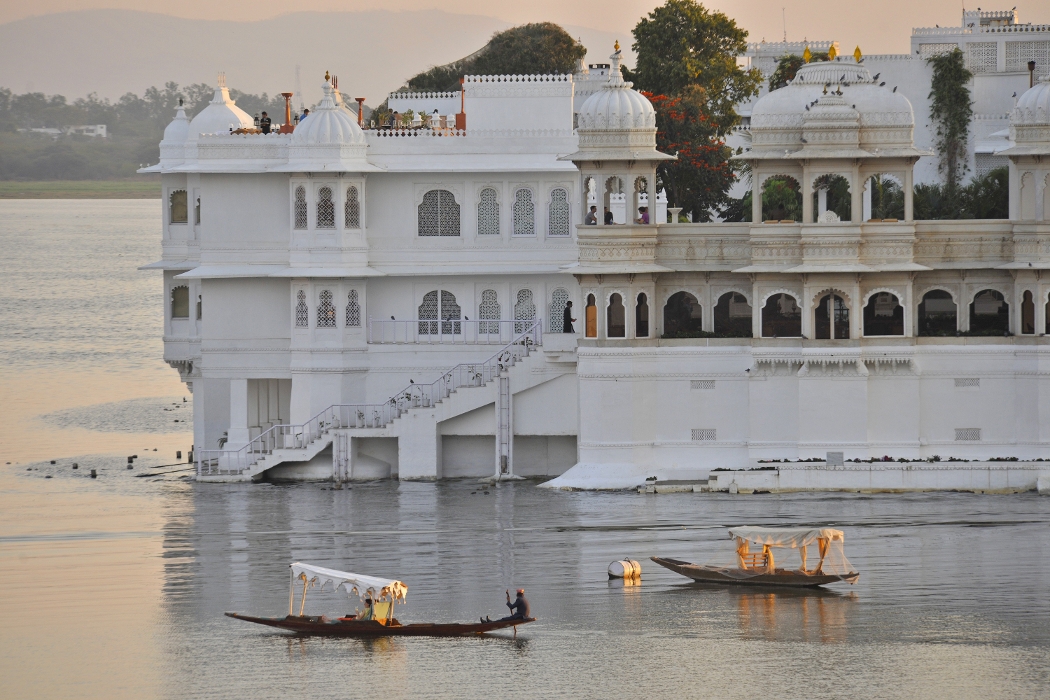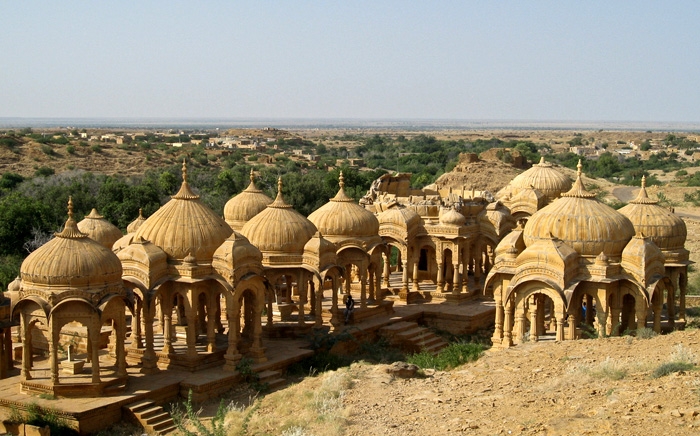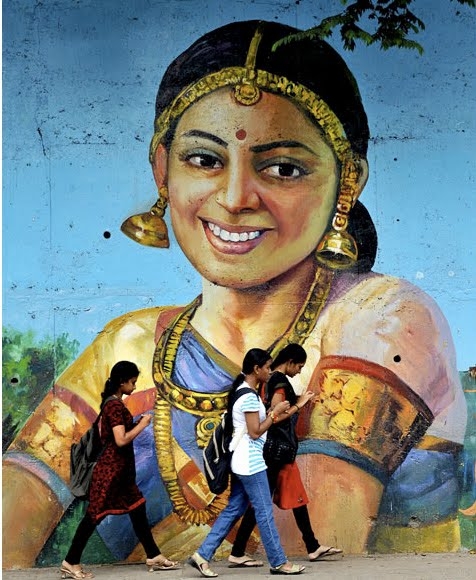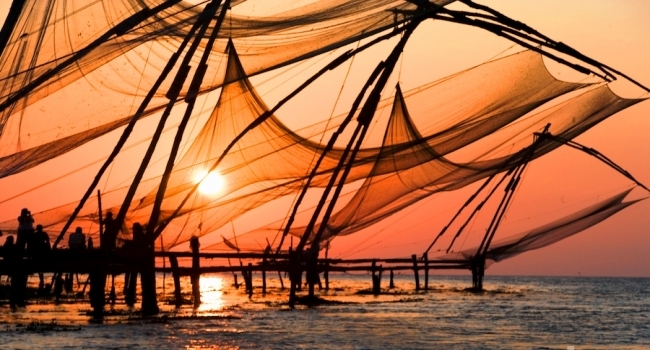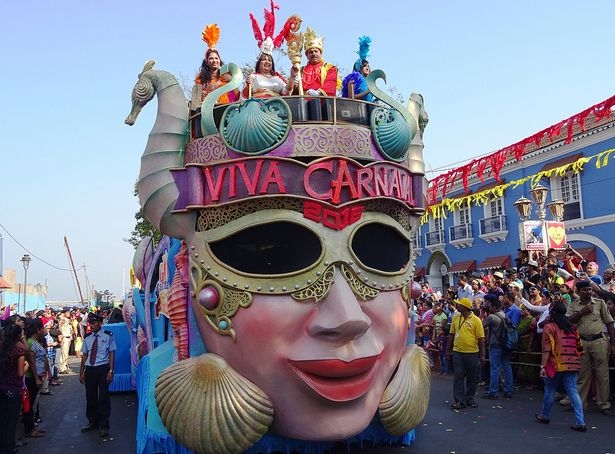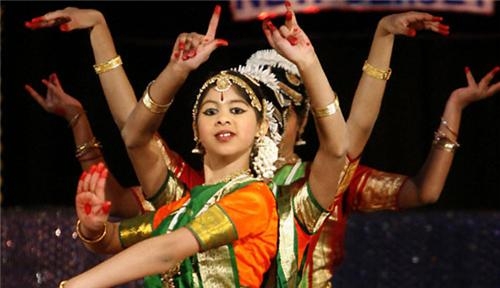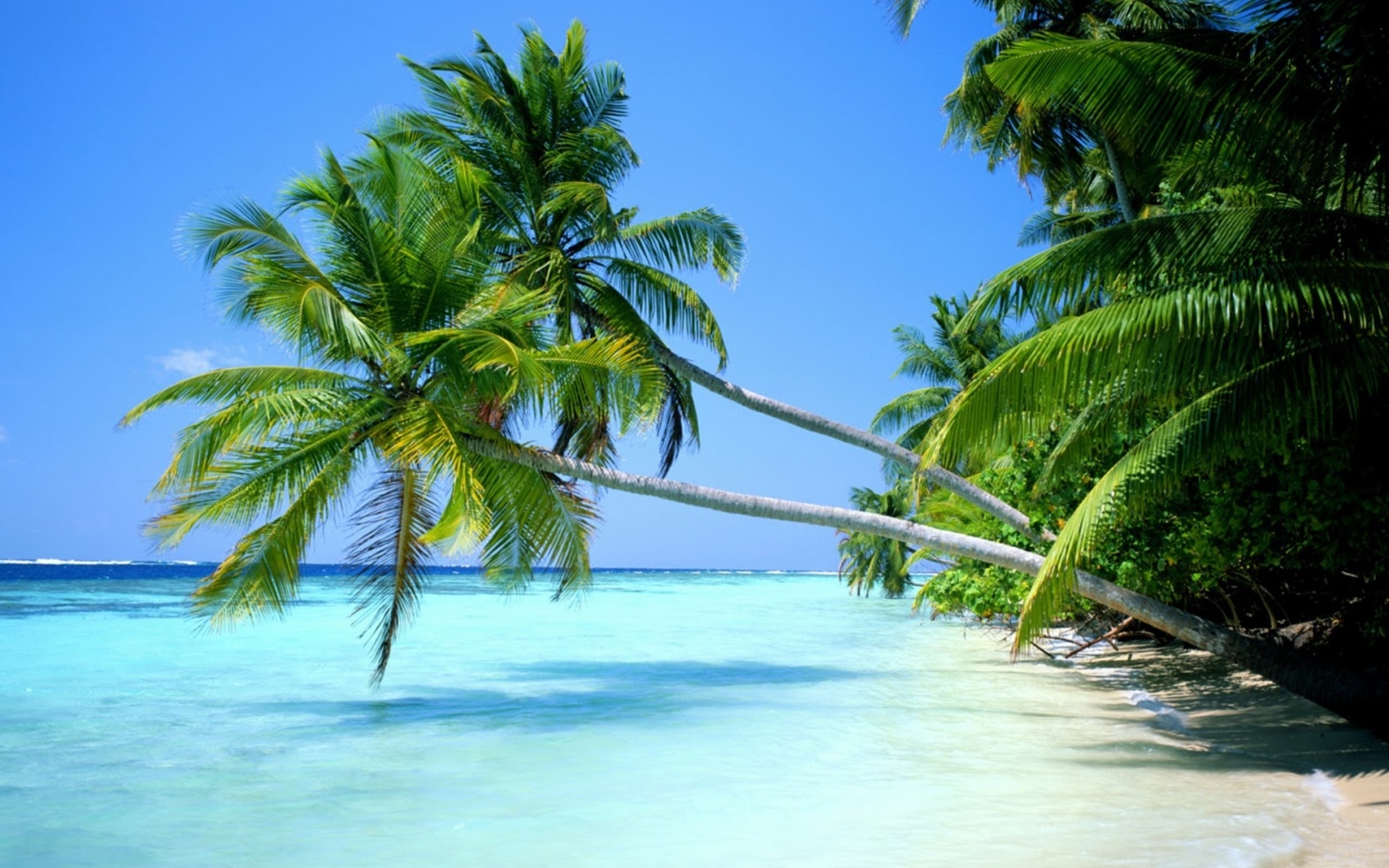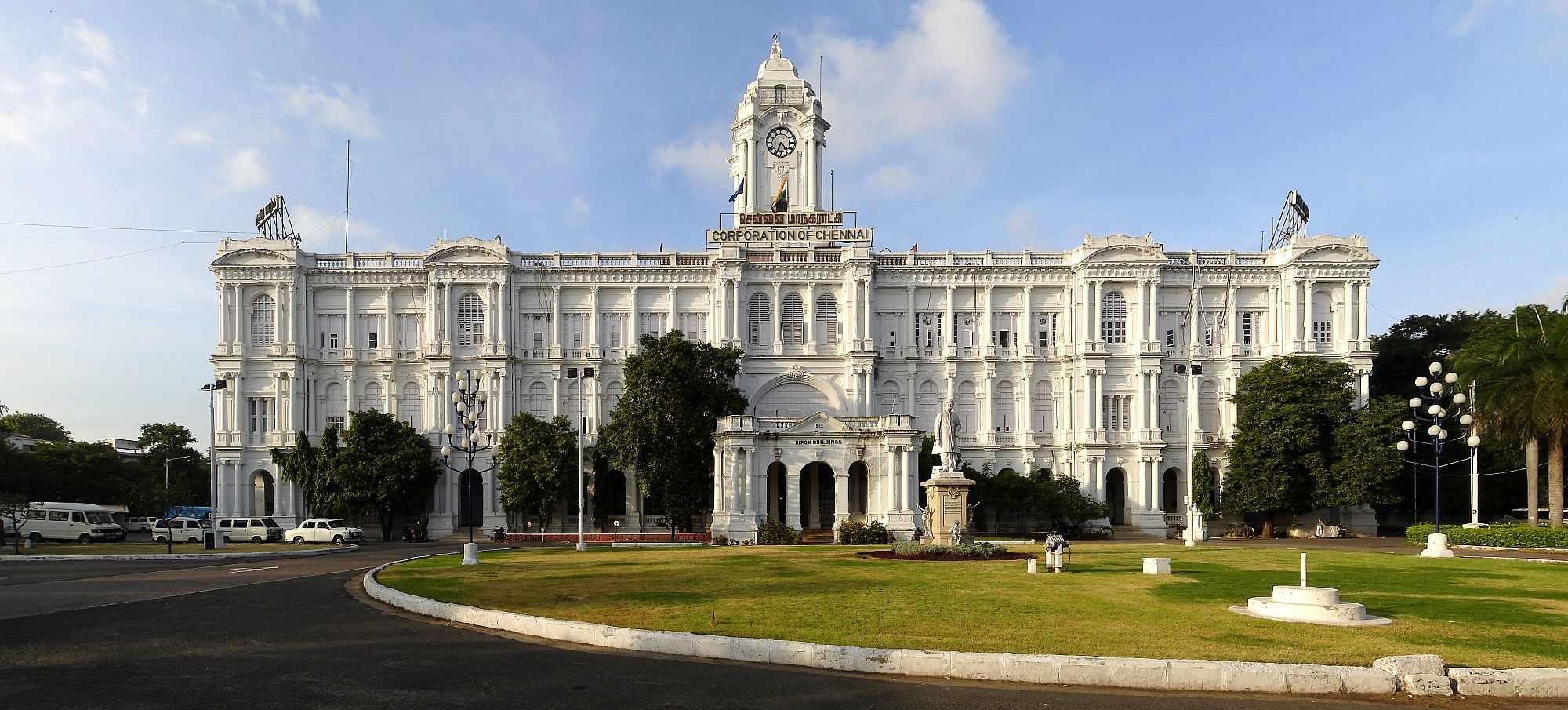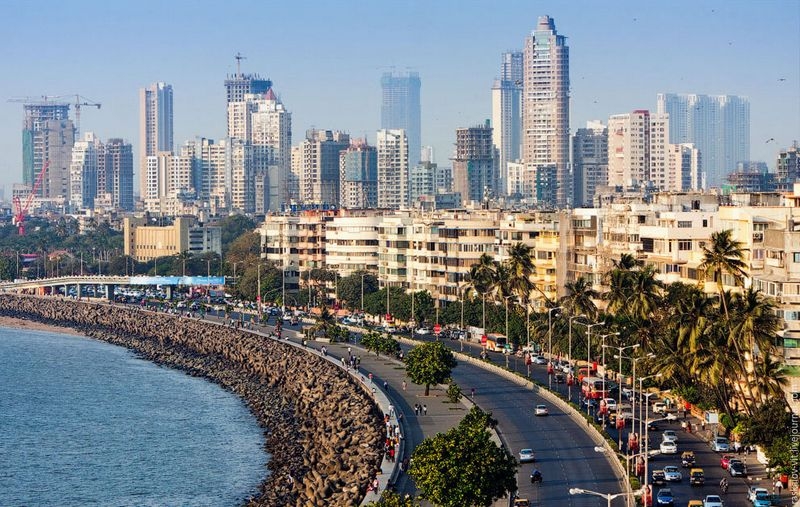
The primary concern for any tourist, traveling anywhere in the world, is to stay safe. India is mostly a safe place for foreigners. There are, however, some basic precautions that you should follow in order to make your trip memorable for all the right reasons.
Violent crimes rarely take place in tourist areas. Unfortunately, petty thefts are common. Keep an eye out for pickpockets and be extra cautious regarding your wallet and passport. If you plan to travel to North-East India (Assam, Nagaland, Tripura and Manipur), make sure you check with your embassy as this area has long-running insurgencies.
When it comes to money, a foreigner is very likely to be ripped off or shortchanged. So, handle your money very carefully – count your cash before you hand it over and insist on collecting the right amount of change. All payments and fares etc. should always be agreed on in advance. Taxi and rickshaw drivers might try to charge humongous amounts of money for short distances. It is always better to consult Google Maps beforehand so that you have a fair idea of the distance as well the time a journey is bound to take. Your driver may try to coax you into visiting specific shops by making unscheduled detours – resist in a firm manner, making clear that you do not wish to go to any shops. In case you are charged more than what was agreed on, just pay the agreed amount and walk away. If you wish to travel by an auto rickshaw, do not get in the vehicle if there is another person accompanying the driver.
International flights often arrive at night. It is a good idea to book your accommodations in advance for major cities. Disorientated and tired tourists make good business for plenty of people who take them to inferior quality hotels where they get paid a commission.
Tourist hot-spots are usually hotbeds for touts and frauds. Consult someone before paying a large sum of money anywhere. As a foreigner do be aware that the price you are quoted for items might be up to three times higher than the price offered to Indians. Never except the first price given to you and always negotiate.
Traveling or roaming around at night should be undertaken with extreme caution, especially for women who should avoid traveling alone at night.
It isn't safe to give money or food to beggars as it is bound to result in a mini stampede-like situation, with beggars coming in from all directions. Also, remember that adults exploit children by forcing them to beg on the streets. Do not encourage this by giving children money.
When traveling by any mode of public transport (buses, trains etc.) do not accept food or drink from your co-passengers, no matter how friendly or polite they seem. There have been reported cases wherein foreigners were given drugged food/drink. Decline politely by giving stomach trouble or medication as a reason.
Indian men are usually eager to talk to fellow travelers. Be aware that friendly conversation may be taken as a sign of flirtation or availability. You can simply tell, that you don‘t wish to talk, it is not considered disrespectful.
India has received a lot of negative publicity recently in regards to women's safety. Dressing and acting modestly according to Indian culture will help you get local’s respect and keep you away from unnecessary attention. Indians adopt a very conservative standard of dress, particularly in rural areas. It is advised that women keep their legs and shoulders covered. You'll rarely see an Indian man wearing shorts, or an Indian woman wearing a skirt above the ankles. Many foreign women who come to India don't see the need to dress conservatively, especially if they visit cosmopolitan cities and see Indian women wearing shorts, skirts, and sleeveless tops. Yet, this does not reflect the values of the much more conservative majority. And, ultimately, even if you don't interact with traditional men, they are present everywhere. People such as servants and drivers all typically come from traditional backgrounds.
Always wash your hands before every meal. Unbottled water and ice should be avoided, use only sealed bottled drinking water (Kinley, Bisleri, Rail Neer are popular, safe brands). Tap water isn't safe for consumption.
Diarrhea is a common problem. Be sure to carry a standard first-aid kit. A re-hydration kit might be extremely helpful too, especially if traveling in the summer. India has many venomous snakes. In case of a snake bite, make immediate note of the markings of the snake, so that the spiece can be identified and precise antidote is administered. Even if you are an animal lover, stay away from stray dogs and cats as India has the highest rate of rabies in the world. In case you are bitten by a stray animal seek medical help.
Underdeveloped infrastructure, wandering livestock, irresponsible driving are reasons why India has the largest number of accidents in the world. If you feel too unsafe tell the driver sternly to slow down. Don‘t hesitate to change taxis or auto rickshaws if you find your driver reckless. Trains are generally a safer mode of travel. It is best to avoid traveling at night especially in rural area.
Always keep a list of emergency phone numbers handy. Throughout India dialing 100 will get you the police. For non-emergent issues go to the nearest police station.102 is the emergency number for calling an ambulance while 101 is for the fire station. In major cities such as Bangalore, Chennai, Hyderabad, Kochi you can dial 108 for all emergencies.
When in India, the thumb rule for keeping safe is "Better safe than sorry". So keep these little pointers in mind, follow your instincts and have a great trip. As intimidating as the country is at first, it will grow on you if you keep an open mind and give it some time.
Most Popular Destinations |








